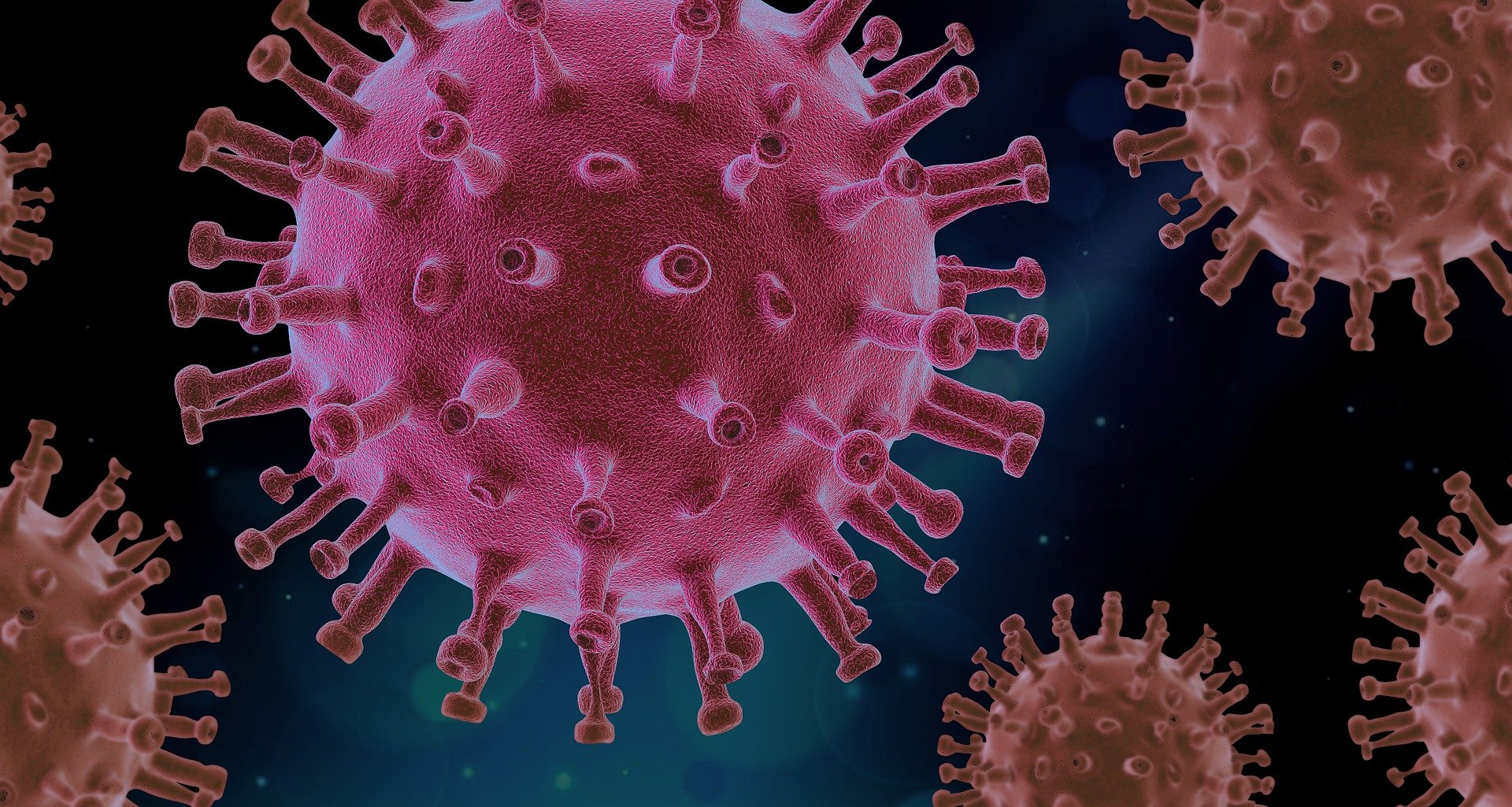Rosemary is a common spice to be found in many people’s kitchens, pairing well with a wide variety of dishes. Finding use in both culinary escapades and traditional medicine, it has been investigated recently only to find that compounds in rosemary could be holding the key to removing COVID from our lives. Combined with the recent discovery that patients with COVID-19 show markers similar to patients with Alzheimer’s disease, studies suggest that we may have a very interesting spice on our hands.
As we have become acutely aware over the past couple of years, Covid-19 in all its forms can range from inconvenient to having grave conclusions, and while the disease remains relatively understudied, we have been conditioned to fear and dread its existence. Through the findings presented by the study by Reiken et al. (2022) , we found evidence of Alzheimer’s-related markers in brain tissues of patients who have passed away from COVID-19. Primarily, evidence of oxidative stress in the cortex of the brain was found, which contributed to the activation of the tau pathology pathway common in Alzheimer’s. The tau pathology pathway is one of the causes of Alzheimer’s, and causes the incorrect folding of key proteins, leading to eventual loss of function in the brain. In addition, the study identified ryanodine receptor (RyR) channels as a potential drug target to treat neurological complications that have arisen due to the potential for SARS-CoV-2 to be neuro-invasive (as many viruses of the coronavirus family exhibit the potential to enter brain tissue). By repairing the “leaky” RyR channels, brain activity can be returned to normal and cytotoxic properties of increased intracellular calcium signalling can be mitigated.
Luckily, some hope has been found for those gravely affected by COVID-19 or Alzheimer’s, as the study by Satoh et al. (2022) identified that carnosic acid (CA), found in rosemary, has been shown to be therapeutically beneficial in the fight against neurodegenerative diseases such Alzheimer’s and Parkinson’s diseases. As an added benefit, it has also been shown to be useful in combating the neurological manifestation of COVID-19. CA achieves this by countering the unregulated NLRP3 inflammasome activation, which occurs because of the large amount of cell damage associated with these conditions. Inflammasomes, such as NLRP3, are key proteins that are responsible for activating the inflammation processes in the body and are normally tightly regulated to prevent unnecessary inflammation. Additionally, the compound is able to inhibit the interaction between the spike proteins of Coronavirus and ACE2, thus preventing the virus from entering cells and replicating. Overall, the results are looking promising, and more research is being done on the dual effects of CA.
Although the results of these studies are exciting and promising, the studies themselves are too new to reliably confirm whether the results they claim are fact or merely correlation between two separate phenomena. Additionally, the methods used to obtain the results may not translate accurately into how the human body functions, thus misrepresenting the chances that these new findings will be useful to us. An example of this would be the use of human tissues in the Reiken et al. study, as using human tissues taken from the deceased patients does not let us see the progression of the illness and thus may not accurately represent the COVID-19 related results.
Overall, the research done on COVID-19 was done in enormous volumes and brought about unique and peculiar results not often seen in other studies. However, with such a volume of research, it’s important to remain vigilant of the quality of the research itself. I do hope to see more information and research into CA in the coming years to hopefully see this compound confirmed as a therapeutically potent prospect.






0 Comments